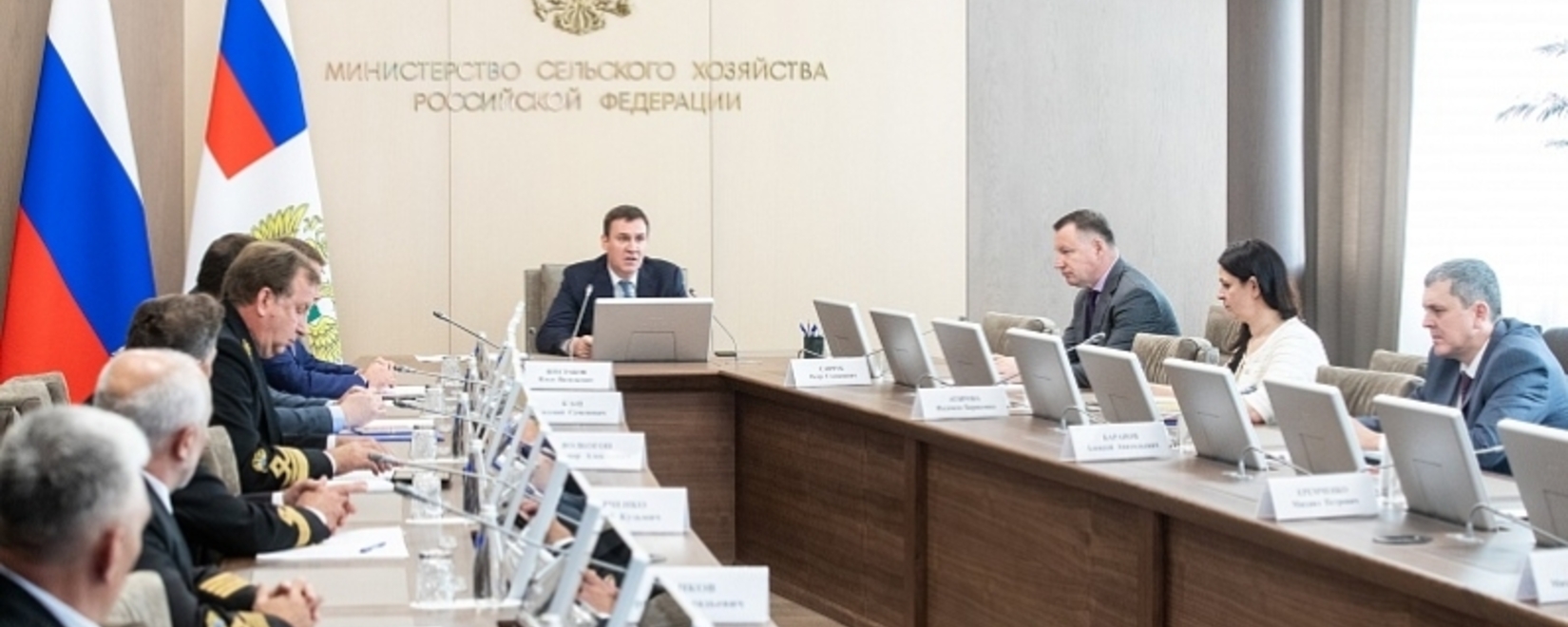This will make it possible to increase the share of domestic seeding material to 75 percent by 2030.
From January to the end of December next year, Russia may limit the import of seeds for a number of agricultural crops - potatoes, sugar beets, sunflowers, rye, rapeseed and others. The draft corresponding government resolution was recently published on the official portal of draft regulatory legal acts. The Parliamentary Newspaper figured out why agricultural quotas are needed and what positive and negative consequences their use can lead to.
Remove competitors
As the Ministry of Agriculture told Parliamentary Newspaper, the new mechanism will make it possible to flexibly regulate the volume of imported seeds on the Russian market: to provide more favorable conditions to local producers and at the same time not create a shortage and the threat of rising prices. At the same time, the department expects that, including thanks to quotas, by 2030 Russia’s supply of its own seeds of main crops will be at least 75 percent.
“In particular, from next year it is planned to establish a quota for imports from unfriendly countries of potato seeds in the amount of 16 thousand tons, malting barley - 0.6 thousand tons, corn - five thousand tons, including waxy corn - 0.6 thousand tons. There are quotas for the import of rapeseed - two thousand tons, sunflower and its hybrids - 7 thousand tons, sugar beets - two thousand tons. A zero quota is expected for wheat, rye and soybeans,” the department clarified.
At the same time, restrictions will not apply to seeds from friendly countries - primarily from the countries of the Eurasian Economic Union - as well as to seeds traveling through Russia in transit. They will also not prohibit the import of seeds for personal use, even from “unreliable” states.
Among other things, quotas, the department notes, will give scope for creativity to Russian breeding institutions.
“We are currently carrying out activities aimed at building strategic partnerships and strengthening interaction between scientific institutions and agricultural producers, while reducing the gap between the results of ongoing scientific research and market needs,” the Ministry of Agriculture emphasized. “I would like to note the work of domestic breeding and seed companies, which currently, together with research institutes, are engaged in planting breeding and seed crops in Crimea for the most import-dependent crops.”
Will the “miracle of selection” happen?
Meanwhile, the Russian Grain Union pointed out some of the nuances of this plan.
“We will inevitably encounter negative consequences, but we definitely shouldn’t expect anything fatal,” said Arkady Zlochevsky, president of the union. “At the very least, we will see a reduction in the harvest.” Because our seeds are still often inferior to imported ones in their main characteristics. For example, 70 percent of rye seeds on our market are German hybrids. They expect seven and a half tons of harvest per hectare, and our varietal varieties get four in a good year. And these indicators vary from culture to culture. The situation is similar for sunflower, for corn, and so on.”
If the harvest decreases, prices will rise, the publication’s interlocutor noted. But again, it is not critical, especially since the cost of raw materials, be it grain or root crops, in the cost of the original product on the Russian market is traditionally low - we have already written about this more than once.
“In addition, the development of domestic selection will take time - and certainly not a year,” stated Zlochevsky. “So, most likely, after the expiration of the established deadlines, the quotas will be extended. In addition, there is a risk that in the absence of competition, our breeders will simply stop working normally and get stuck. There is no point in developing something better than what is already available if imports are still limited. But if this does not happen and if, most importantly, we are able to create conditions for the development of selection, then in a very short time - within five to seven years - our scientists can make a real revolution in this area. Like Turkey, which once radically changed the rules of the game and today is one of the world’s suppliers of agricultural seeds.”

 Trading platform
Trading platform 
 Monitoring
Monitoring  Express applications
Express applications 
 Fork Work
Fork Work 
 Service
Service  News
News  Directory
Directory 
